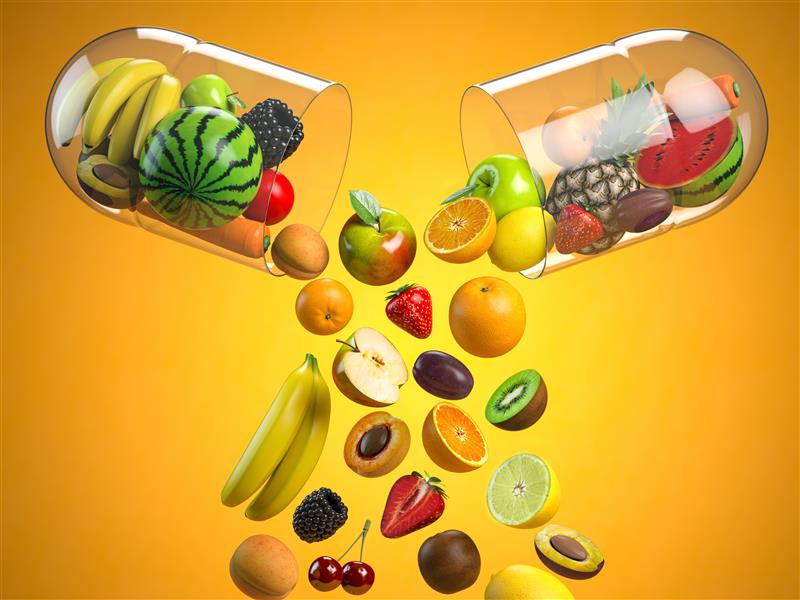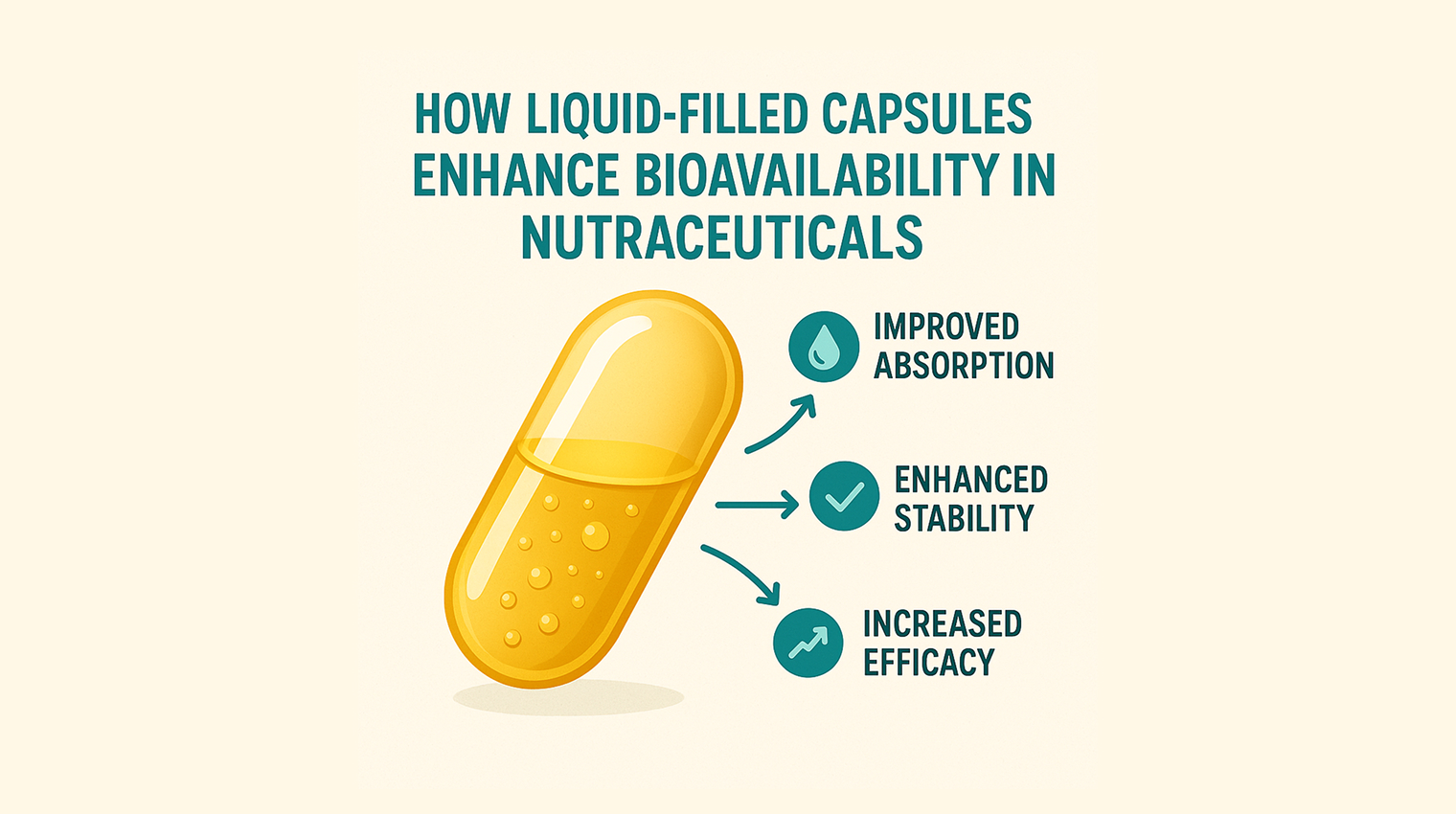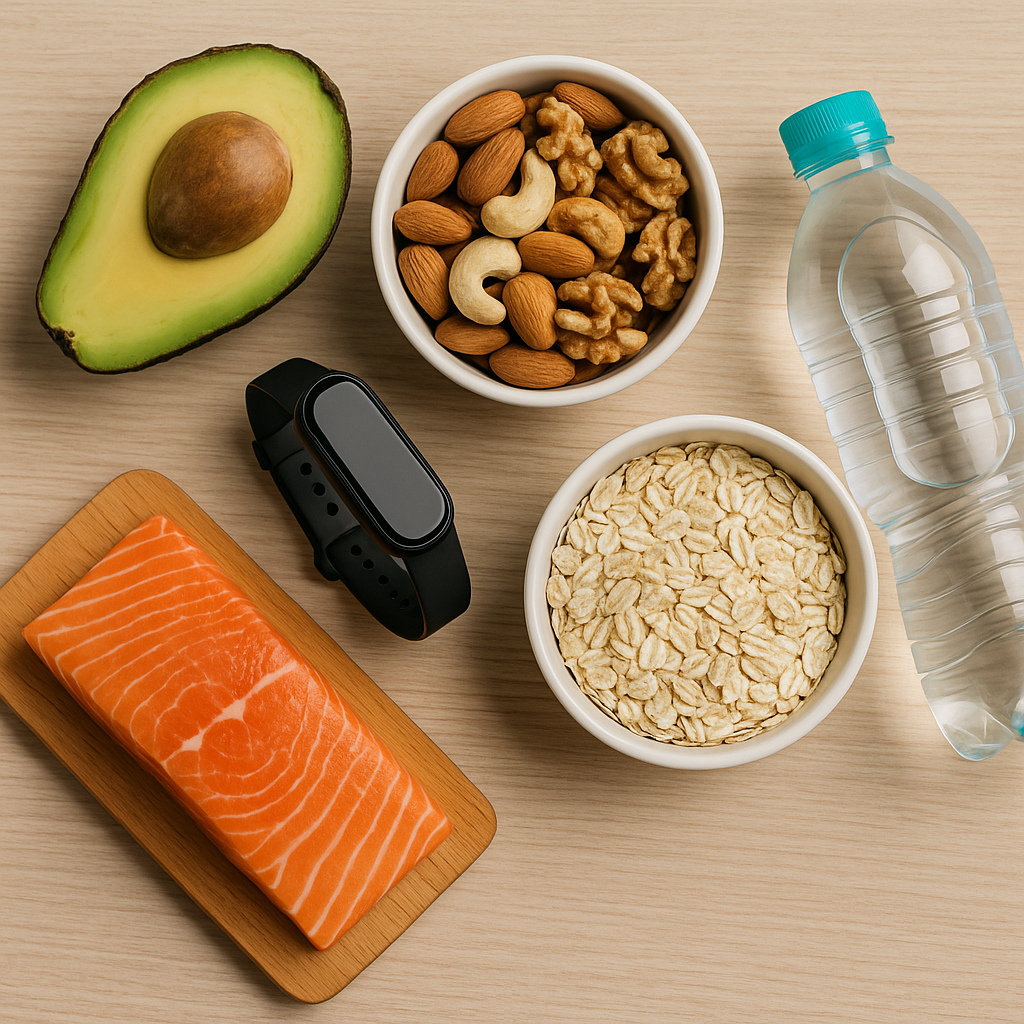Micronutrient deficiencies can significantly impact the health and well-being of preschool children and reproductive women. These deficiencies can lead to various health problems, including stunted growth, weakened immune systems, anemia, and developmental delays etc.
What is micronutrient deficiency and how it affects the body?
Micronutrient deficiency refers to a condition where the body does not receive enough of one or more essential vitamins and minerals for optimal health and functioning. Micronutrients are essential nutrients that the body needs in small amounts, but they are crucial for various metabolic and physiological processes, including growth, development, and immunity.
Preschool children are particularly vulnerable to micronutrient deficiencies because they are still growing and developing, and their bodies require a steady supply of essential vitamins and minerals. Some of the most common micronutrient deficiencies in this age group include iron, zinc, vitamin A, and iodine. These deficiencies can lead to impaired cognitive function, increased infection susceptibility, and other health problems.
The global prevalence of micronutrient deficiency
According to the World Health Organization (WHO), an estimated two billion people globally suffer from one or more micronutrient deficiencies, highest in low- and middle-income countries.
- In terms of specific micronutrient deficiencies, iron deficiency is the most common worldwide, affecting an estimated 40% of children 6-59 months of age, 37% of pregnant women, and 30% of women 15-49 years of age.[1]
- Deficiencies in vitamin A, zinc, and iodine are also prevalent in many regions of the world, particularly in sub-Saharan Africa and South Asia, where access to nutritious food is limited.
Impact of micronutrient deficiency on reproductive women and children
The impact of micronutrient deficiencies on reproductive women and children can be significant. For example, iron deficiency Anemia in pregnant women can lead to
- Low birth weight
- Preterm delivery
- Maternal mortality
In children, micronutrient deficiencies can lead to
- Impaired growth and development
- Weakened immune systems
- Cognitive and behavioural problems.
Let’s look at the adverse effects of micronutrients in preschool children and reproductive women.
Anemia: Anaemia is an indicator of both poor nutrition and poor health. It can lead to fatigue, weakness, dizziness and impaired physical and cognitive development in children.
Impaired Cognitive and Behavioral Development: Micronutrient deficiencies, such as iron, iodine, and zinc, have been linked to impaired cognitive and behavioral development in children. This can lead to reduced school performance, lower IQ, and impaired social and emotional development.
Poor Immune Function: Deficiencies in vitamin A, vitamin C, and zinc can weaken the immune system, increasing the risk of infections and delaying recovery from illness.
Poor Maternal and Child Health Outcomes: Micronutrient deficiencies in pregnant women can lead to low birth weight, pregnancy complications and birth defects. In children, micronutrient deficiencies can lead to impaired growth and development and increased susceptibility to infectious diseases.
Vision Loss: Vitamin A deficiency is the leading cause of preventable blindness in children worldwide.
Osteoporosis: Calcium and vitamin D deficiencies can lead to weak bones and osteoporosis, particularly in women.
Cardiovascular Disease: Deficiencies in B vitamins, particularly folate, can increase the risk of cardiovascular disease.
Causes and challenges related to micronutrient deficiency
Poor Diet: One of the primary causes of micronutrient deficiencies is inadequate dietary intake of essential vitamins and minerals. This can be due to a lack of nutritious food or limited dietary diversity.
Poverty and Food Insecurity: Low-income households may lack the financial resources to purchase nutritious food, resulting in an inadequate intake of essential micronutrients.
Inadequate Absorption: Certain medical conditions, such as gastrointestinal diseases, can impair the body’s ability to absorb micronutrients from food, leading to deficiencies.
Increased Nutrient Needs: Pregnant and lactating women, as well as growing children, require higher amounts of certain micronutrients, such as iron, folic acid, zinc, calcium and Vitamin D which can lead to deficiencies if dietary intake is inadequate.
Infectious Diseases: Certain infectious diseases, such as malaria and hookworm infections, can increase the risk of micronutrient deficiencies, particularly iron deficiency anemia.
Climate Change: Climate change can impact crop yields and nutrient content, reducing the availability and quality of nutrient-rich foods.
Cultural and Dietary Beliefs: Certain cultural and dietary beliefs may result in inadequate intake of essential micronutrients, such as avoiding certain types of food or restrictive diets.
Lack of Awareness: Many people are unaware of the importance of micronutrients in their diet and are unaware of which foods are rich in specific micronutrients.
Inadequate Healthcare Systems: In many low- and middle-income countries, healthcare systems may not have the necessary resources to screen for and address micronutrient deficiencies.
Lack of Government Support: Governments may not prioritize nutrition interventions or have the required policies and programs in place to successfully treat micronutrient deficiencies..
Ways to prevent micronutrient deficiencies
Foods rich in vitamins and minerals: Preschool children and pregnant women requires a variety of nutrient-dense foods to meet their nutritional needs and reduce the risk of micronutrient deficiencies. Foods that can be included in their diets include:
Fruits and vegetables: These are rich sources of vitamins, minerals, and fiber. Encourage them to consume a variety of colorful fruits and vegetables on daily basis.
Whole grains: These provide carbohydrates, fiber, and a range of vitamins and minerals. Include whole grain bread, rice, pasta, and cereals in their diet.
Legumes: These include beans, lentils, and peas, which are high in protein, fiber, and several essential micronutrients like iron and folate.
Nuts and seeds: These are high in healthy fats, protein, fiber, and several micronutrients including magnesium and vitamin E. Almonds, walnuts, chia seeds, and flax seeds are a few examples.
Dairy products: These include milk, cheese, and yogurt, which are rich in calcium, vitamin D, and other essential micronutrients.
Animal-source foods: Meat, fish, and poultry are rich sources of high-quality protein, iron, and other essential micronutrients.
It’s important to note that everyone’s dietary needs differ , and pregnant women may require additional nutrients like iron, folate, and calcium. Based on individual needs and dietary constraints, a healthcare physician or registered dietician might make particular suggestions.
Food fortification
It adds micronutrients to staple foods like flour, salt, and cooking oil.
- Addingiodine to salt can help prevent iodine deficiency
- Addingiron and folic acid to flour to help reduce rates of anaemia and neural tube defects [2]
Health supplements
Supplementation involves providing vitamin and mineral supplements to individuals at risk of micronutrient deficiencies, mainly when access to nutrient-rich foods is limited.
- Pregnant women may be given iron and folic acid an essential prenatal supplement along with vitamin B12 and vitamin D to support proper brain growth of the foetus and to prevent anemia and reduce the risk of neural tube defects in their babies.
- Vitamin A supplements may also be provided to children in areas where vitamin A deficiency is expected to prevent blindness and other health problems.
Conclusion
Adequate intake of important micronutrients such as folic acid, iron, and vitamin D in the form of food or supplement is critical for foetal growth and development as well as the health of the mother pre and post pregnancy. These vitamin deficiencies can result in premature birth, low birth weight, and other pregnancy-related problems. To avoid such complication its important to include micronutrients in diet on daily basis. Also, it is important to treat micronutrients deficiencies in preschool children for their essential development and growth. Micronutrient deficiency awareness can lead to early detection and thereby decrease the malnutrition and can help develop prevention and control strategies effectively. Successfully increasing mothers’ awareness to practise providing a balanced food to their children which may be helpful in reducing malnutrition and healthy growth.
Reference:



